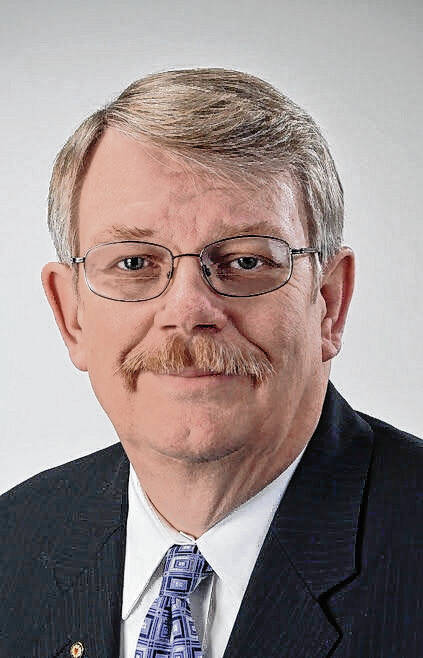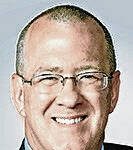A group of friends were talking one afternoon about what we should look for in our elected officials. What characteristics must be displayed in a candidate in order to deserve our votes?
It is easy to be cynical given the clown circus on display in Washington, D.C. I just succumbed to this cynicism myself with the previous sentence. Such an attitude is not helpful; the crisis must be addressed.
My standard operating procedure whenever I want to gaze into the future is to view the clear images to be seen in the past. In this case it is to look to the Founding Fathers, the truly greatest generation, to learn what characteristics these men exhibited in building our nation.
I chose the six most important Founders and chose a personality trait each possessed such that he could be considered a paragon of that characteristic. Here is my list and my choice for the exemplar of that characteristic:
Sense of destiny. Some might call this excessive ego but it must be present in someone who is about to take a substantial risk, even the risk of death. George Washington had, and still has, no equal here. In the darkest hours of the war for independence, he never lost hope. Preferring to remain retired after the war, he lent his name to the call for a constitutional convention and then presided over it, deftly managing its outcome through sheer force of personality. He, and often he alone, knew where it had to go.
Irrepressible resoluteness. This is stubbornness in a good cause. John Adams is the gold medalist in this competition. Ofttimes he was the outlier, standing alone but refusing to budge when he just knew he was right. For example, it was his vision that formed the foundation for our separate but equal branches of government so as to diffuse political power while bringing to life a functional republican form of government. One must be willing to withstand public ridicule and abuse while standing firm. Adams did.
Preternatural intellect. Truly smart people are able to explain things so the common person understands even the most complex issue. Read the Declaration of Independence and you will see why Thomas Jefferson leads in this category. Yes, I realize he borrowed much of the actual language but even so, he edited and arranged it such that no one can ever forget its opening paragraphs.
Analytical brilliance. It’s one thing to be book smart and entirely another thing to apply that knowledge for the common good. Alexander Hamilton wrote several of the most philosophical of the Federalist Papers and then constructed a real-world solution to the nation’s financial pressures. He thought systematically, weaving disparate threads into whole cloth.
Political nimbleness. So long as this skill is not invoked for demagogic uses or for crass pandering to a base, it is the skill most needed in a pluralistic government. In the pre-Constitution era and into the early 1790’s, James Madison was masterful in understanding the distinction between macro issues and the micro ones. Read his Federalist Papers corpus to appreciate his ability to direct his persuasiveness to the target audiences.
Reputation for wisdom. People who can make pithy statements with profound meanings get attention. Benjamin Franklin excelled at this; he was probably the best known of the Founders throughout the colonies before the war.
Note that none of the six Founders listed possessed all the requisite characteristics. Their genius lay in their recognition of the contributions of the others and how, even if only for a short time, their united efforts could accomplish something truly great. Two hundred fifty years later, their accomplishment is still around.
Perhaps it was nothing more than synchronicity, a serendipitous confluence of genius in time and space. I see the hand of God in it as I don’t like to rely on impossibly long odds for something important to happen. Regardless, happen it did.
Can we find a core group of 21st century public servants willing to risk their “lives, fortunes and sacred honor” to restore our republic to that created by the Founders? Can they yoke competitive ambitions to a shared vision of what was and might be again?
I was asked in a recent interview to name one person who could rise to the occasion of reuniting our country around the founding principles. I couldn’t, but then it required a handful and more at the founding.
My group of friends will continue thinking deeply on this. We don’t give up easily and we know what is at stake. John Adams’ stubbornness should serve us well.
Mark Franke, an adjunct scholar of the Indiana Policy Review and its book reviewer, is formerly an associate vice-chancellor at Indiana University-Purdue University Fort Wayne. Send comments to [email protected].




